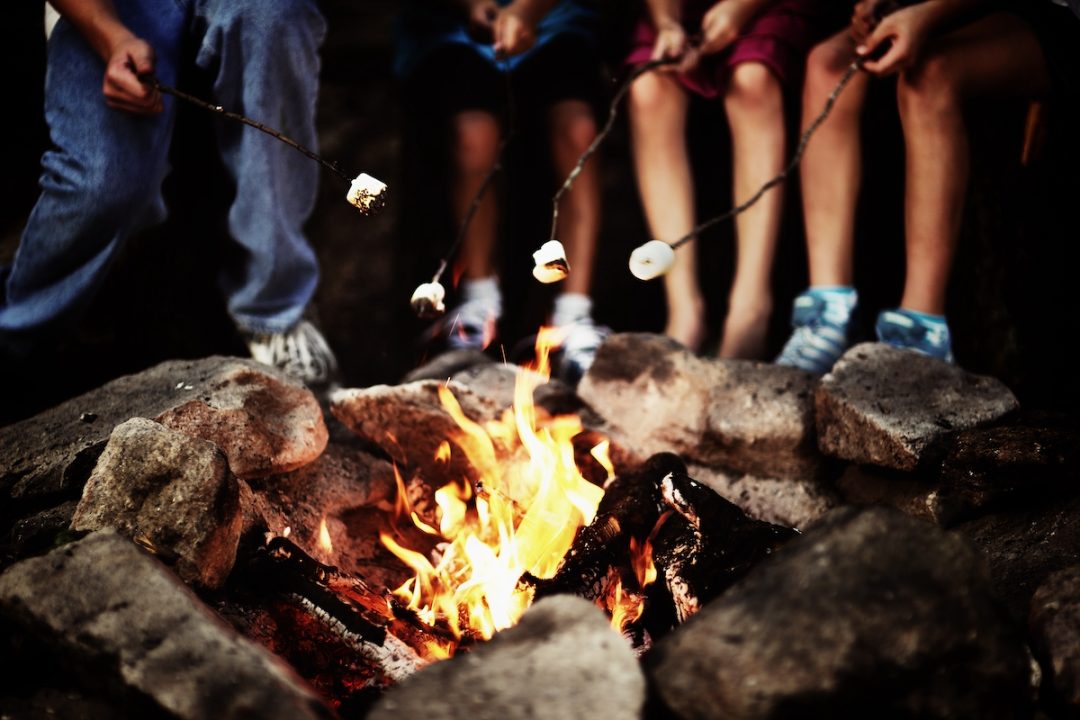
A Christian summer camp in Colorado is suing to block a state regulation forcing it to allow campers to use sex-segregated facilities corresponding to their “gender identity” rather than their sex.
Camp IdRaHaJe, a Christian summer camp for kids aged 6 to 17, is located in Bailey, Colorado, about 30 miles southwest of Denver. Named after “I’d Rather Have Jesus,” the 1932 hymn composed and popularized by Billy Graham’s longtime singer George Beverly Shea, the camp welcomes 2,500 to 3,000 children annually.
According to the camp’s website:
IdRaHaJe is established for the purpose of winning souls to Jesus Christ through the spreading of the Gospel, the edifying (building up) of the believers through the preaching and teaching of the Word of God, and the evangelizing of campers through witnessing and missions. The method of reaching these goals or purposes shall include all areas of service and worship that are in agreement with the principles in God’s Word, the Holy Bible[,] until Jesus comes.
Bureaucrats Break Camp
Unfortunately, Colorado is governed by uber-woke Democrats who have been imposing transgender ideology on their citizens. The state’s General Assembly recently passed and Governor Jared Polis signed a law declaring the use of an individual’s birth name rather than his chosen one a form of illegal discrimination.
Last year, the Colorado Department of Early Childhood (CDEC) proposed and adopted amendments to its regulations governing children’s resident camps. Those rules require camps to allow children to use showers, toilets, changing rooms, and sleeping quarters that are “consistent with their gender identity.” A camp that fails to comply can be fined or even have its license revoked, putting it out of business.
Naturally, a camp that is based on the Bible is going to have problems with the new regulations. IdRaHaJe’s doctrinal statement, for example, contains this assertion that no one would have thought necessary back when the camp was founded in 1948 — or even in 1995, when the state first required it to be licensed:
We recognize that there are people who experience gender dysphoria. The truths we affirm on this subject are that God has immutably created each person as either male or female in His image (Gen. 1:27) and that the differentiation of the sexes, male and female, is part of the divine image in the human race (Gen. 1:27).
IdRaHaJe doesn’t expect the new rules to cause any problems with its campers or their parents. The camp welcomes all children, even those with differing beliefs, as long as their parents consent to their being governed by the camp’s policies. It informs prospective campers’ parents of its policy of keeping boys and girls apart in cabins, bathrooms, and changing rooms. It even accepts campers with gender dysphoria, though they have to adhere to the same policies as everyone else.
Unhappy Campers
The camp does, however, anticipate conflict with the CDEC. In June, it will have to certify that it is compliant with the new regulations to keep its license. A licensing specialist will visit the camp to verify compliance.
IdRaHaJe’s complaint explains:
The Camp is now left with the choice of either (a) retaining its license to operate and violating its beliefs and exercise by treating campers based on their “gender identity” and allowing them to use restroom, shower, dressing, and sleeping facilities designated for the opposite sex, or (b) adhering to its beliefs and exercise and facing revocation or suspension of its license and fines.
As far as IdRaHaJe is concerned, that is no choice at all. Thus, the camp is suing the CDEC in federal court.
The camp did its best to prevent the conflict with the CDEC before it occurred. It submitted written comments to the proposed amendments asking that they include a religious exemption, and its director attended hearings on the amendments. When he asked at one of those hearings if there would be a religious exemption, he “was told that the amendments were based on a statute and he thus needed to seek legal advice,” reads the camp’s lawsuit.
The camp also requested a religious exemption, which was denied. “Yet the regulations allow for individualized exemptions for ‘[a]ny applicant or licensee’ from ‘any rule or standard’ that would pose ‘an undue hardship’ on the applicant or licensee,” notes the suit. Moreover, the state grants a variety of other exemptions, even exempting some childcare facilities from licensing requirements altogether.
Camp Counselor Comments
IdRaHaJe is asking the court to declare the CDEC’s enforcement of the gender rules on the camp unconstitutional, as an infringement of the camp’s First Amendment right to freedom of religion and its 14th Amendment right to equal protection under the law.
The CDEC is not commenting on the case.
The Alliance Defending Freedom (ADF), which is representing IdRaHaJe, has plenty to say. In a press release, ADF legal counsel Andrea Dill remarked:
The government has no place telling religious summer camps that it’s “lights out” for upholding their religious beliefs about human sexuality. Camp IdRaHaJe exists to present the truth of the Gospel to children who are building character and lifelong memories. But the Colorado government is putting its dangerous agenda — that is losing popularity across the globe — ahead of its kids. We are urging the court to allow IdRaHaJe to operate as it has for over 75 years: as a Christian summer camp that accepts all campers without fear of being punished for its beliefs.




